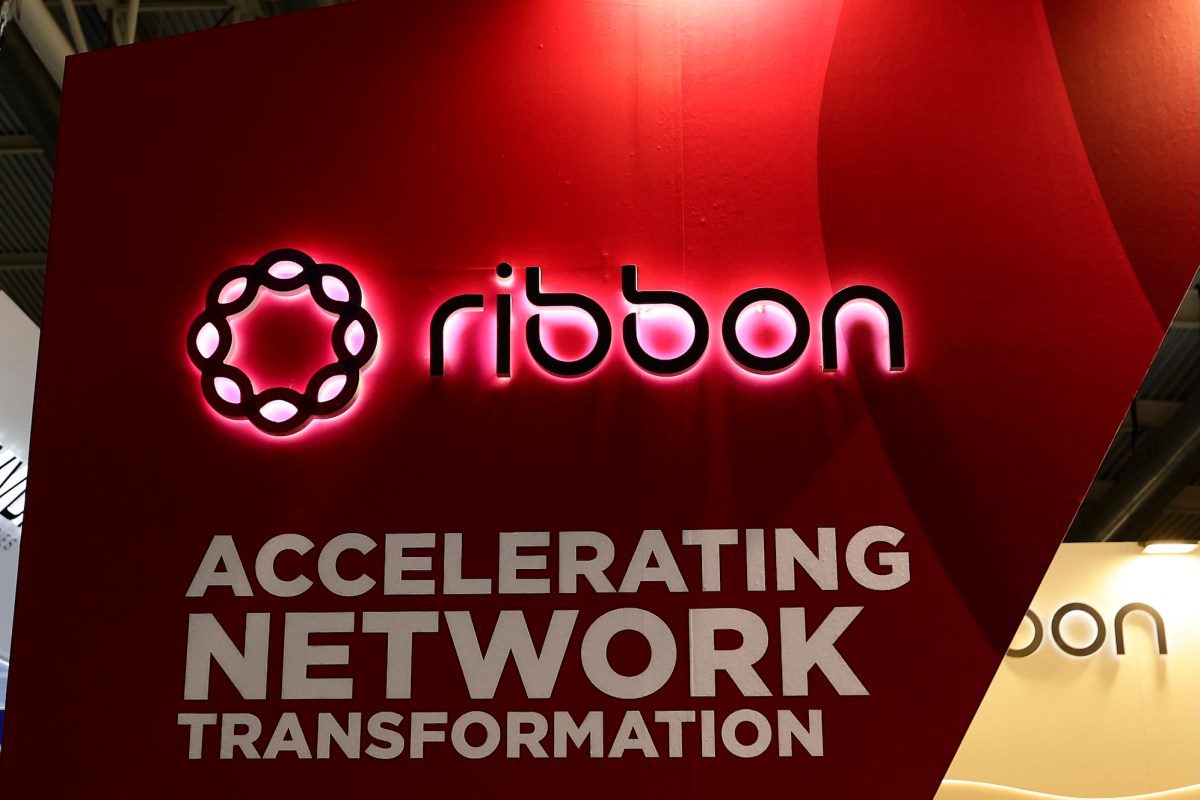Ribbon, a key player in providing software and technology solutions to major telecommunications and internet companies, has confirmed that nation-state hackers infiltrated its systems for several months before detection.
Overview of the Breach
According to a recent announcement from Ribbon, the breach began in December 2024 and persisted until the company became aware of the intrusion. This revelation raises significant concerns regarding the security measures in place at major technology providers and the potential implications for their clients, which include some of the largest telecom operators globally.
Details of the Intrusion
Ribbon has not disclosed the specific methods employed by the hackers to gain access to its systems. However, the company indicated that the attackers were able to maintain a presence within its network for an extended period, suggesting a high level of sophistication and planning. The breach was discovered only after a thorough internal investigation, which underscores the challenges organizations face in detecting advanced persistent threats (APTs).
The hackers are believed to be affiliated with a nation-state, a term typically used to describe cyber attackers who operate on behalf of a government. Such groups often target critical infrastructure and sensitive data, making them a formidable threat to organizations like Ribbon, which handle vast amounts of information for their clients.
Implications for the Telecom Industry
The implications of this breach extend beyond Ribbon itself. As a provider of essential technology to telecom giants, the security of Ribbon’s systems directly affects the integrity of its clients’ operations. A successful breach could lead to unauthorized access to sensitive customer data, disruption of services, and potential financial losses for both Ribbon and its partners.
Potential Risks to Clients
Clients of Ribbon, which include major telecommunications companies, may face several risks as a result of this breach:
- Data Compromise: If the hackers accessed sensitive customer information, it could lead to identity theft and fraud.
- Service Disruption: The integrity of services provided by Ribbon’s clients could be jeopardized, leading to outages or degraded performance.
- Reputational Damage: Telecom companies may suffer reputational harm if customers perceive them as unable to protect their data.
- Regulatory Scrutiny: Following a breach, organizations often face increased scrutiny from regulators, which can lead to fines and other penalties.
Response from Ribbon
In response to the breach, Ribbon has stated that it is taking immediate steps to bolster its cybersecurity measures. The company is working with cybersecurity experts to assess the extent of the breach and to implement stronger security protocols to prevent future incidents. This includes enhancing monitoring systems to detect unusual activity and conducting regular security audits.
Collaboration with Law Enforcement
Ribbon has also indicated that it is cooperating with law enforcement agencies as part of its investigation. Such collaboration is crucial in understanding the tactics used by the attackers and in potentially identifying those responsible for the breach. It is not uncommon for organizations to work with federal agencies, especially when a nation-state is suspected to be involved.
Industry Reactions
The revelation of the breach has elicited a range of reactions from industry experts and stakeholders. Many cybersecurity professionals have expressed concern over the increasing sophistication of nation-state hackers and the challenges organizations face in defending against such threats.
Expert Opinions
Cybersecurity experts have emphasized the need for organizations to adopt a proactive approach to security. This includes investing in advanced threat detection technologies, conducting regular training for employees on security best practices, and fostering a culture of security awareness within the organization.
“The fact that hackers were able to remain undetected for months is a wake-up call for the entire industry,” said a cybersecurity analyst. “Organizations must prioritize their cybersecurity strategies and ensure they are equipped to handle advanced threats.”
Broader Context of Cybersecurity Threats
The breach at Ribbon is part of a broader trend of increasing cyberattacks targeting critical infrastructure and technology providers. Over the past few years, there has been a noticeable uptick in cyber incidents attributed to nation-state actors, with many targeting sectors such as energy, healthcare, and telecommunications.
Recent Trends in Cyberattacks
Some notable trends in recent cyberattacks include:
- Increased Targeting of Supply Chains: Attackers are increasingly focusing on supply chain vulnerabilities, as seen in high-profile incidents like the SolarWinds attack.
- Ransomware Attacks: Ransomware has become a prevalent threat, with attackers demanding payment to restore access to compromised systems.
- Phishing Campaigns: Phishing remains a common tactic used to gain initial access to systems, often leading to more sophisticated attacks.
The Importance of Cyber Hygiene
The incident at Ribbon underscores the critical importance of maintaining robust cybersecurity hygiene. Organizations must not only invest in technology but also cultivate a culture of security awareness among employees. Regular training and updates on emerging threats can help mitigate risks associated with human error, which is often a weak link in cybersecurity defenses.
Best Practices for Organizations
To enhance their cybersecurity posture, organizations should consider implementing the following best practices:
- Regular Security Audits: Conducting frequent audits can help identify vulnerabilities and ensure compliance with security standards.
- Incident Response Plans: Developing and regularly updating incident response plans can prepare organizations for potential breaches.
- Employee Training: Providing ongoing training for employees on recognizing phishing attempts and other security threats is essential.
- Multi-Factor Authentication: Implementing multi-factor authentication can add an additional layer of security to sensitive systems.
Conclusion
The breach at Ribbon serves as a stark reminder of the evolving landscape of cybersecurity threats and the challenges organizations face in protecting their systems. As nation-state actors continue to refine their tactics, it is imperative for technology providers and their clients to remain vigilant and proactive in their cybersecurity efforts. The consequences of a breach can be far-reaching, affecting not only the targeted organization but also its clients and the broader industry.
Source: Original report
Was this helpful?
Last Modified: November 1, 2025 at 7:39 am
1 views















